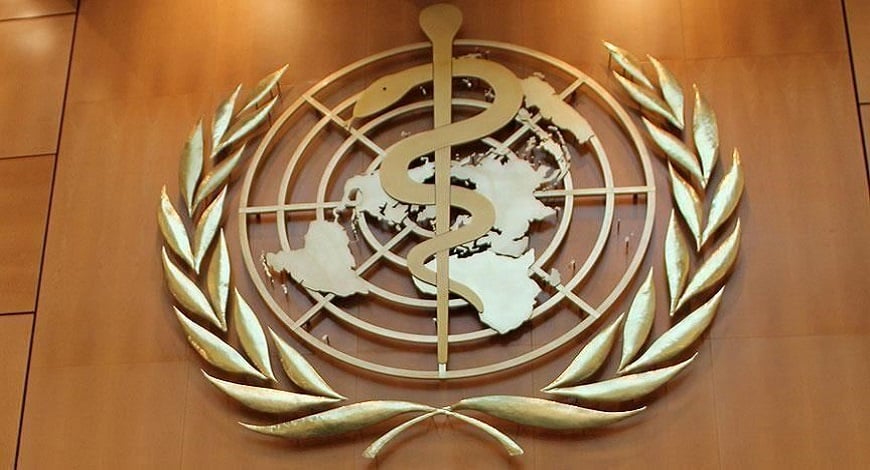Diplomacy long believed to exist primarily for the purpose of effective government cooperation is now a critical component of global business success. It’s not enough to do well in the boardroom, businesses must also do well in the communities in which they operate and must be perceived as doing well in the minds of their customers.
In an increasingly interconnected world, public-private and social sector leaders have to be able to communicate not only across agendas but across borders. As governments embrace the role of everyday citizens in enhancing international relations by agreeing on a public. The diplomacy agenda becomes increasingly important and challenging.
Relationship between Corporate Diplomacy and Firm Performance
Now that both concepts have been elaborated independently, it is interesting to take a closer look at the conceptualisation within the existing literature. International corporate diplomacy is about first establishing long-term relations, which then in turn should have a positive impact on firm performance. Since there is little scientific literature on international business diplomacy, the body of knowledge dealing with the correlation of the effect on firm performance is even scarcer.
Goerzen (2007) as well as Creusen and Lejour (2013) stated, “MNCs have motives to establish long-term ties and alliances in order to improve foreign market access and to reduce entry costs, which are often particularly high in developing countries with weak institutions and different cultural backgrounds.”
Lastly, a study by Rue¨l et al. (2013) revealed that out of eight MNCs interviewed in the Netherlands, all believe that the concept of corporate diplomacy can enable the creation of favourable business opportunities. In accordance with that particular empirical study, a theoretical model has been developed that implies positive performance outcomes such as an increased ROA, ROI, and government-derived revenues.
The work of diplomatic missions in support of the home country’s business and finance sectors. Distinct from although obviously closely related to economic diplomacy, it is now common for commercial diplomacy to include the promotion of inwards and outward investment, as well as trade.
– A Dictionary of Diplomacy
Planned Execution Of Corporate Diplomacy
The emergence of new forms of diplomacy is a direct consequence of the power shifts which have gradually taken place within the International Community. Therefore, in a way, the fact that large companies as MNCs increase in number and in power within the global sphere also has direct consequences for them; having increased responsibilities. Accordingly, corporate diplomacy is a mechanism for responding to such responsibilities by gaining legitimacy and license to operate through interaction with all sorts of stakeholders, instead of only focusing on shareholders. In this regard, it can be said that the scope of action of an MNC has become so broad that it can no longer only focus on its shareholders, instead, it must show accountability to the general public since, in some way or another, a company’s actions and choices have an extended impact within the global society.
To do so, we must first analyse the hazards it can face, and which can be approached through diplomatic tools:
- Increased Competition: Business strategies have become more important than ever, and a factor which determines their businesses’ progress. Within a highly competitive market, businesses must develop efficient strategies for securing an advantageous position, mobilising resources more efficiently, assessing new opportunities, meeting challenges and pleasing customers.
- Failure To Meet Consumer Needs: The rapid development of technologies has allowed consumers to demand rapid change and adaptation. Accordingly, businesses must constantly challenge themselves to keep up with what consumers require.
- Geopolitical Risks: In the process of internationalisation, a company not only has to consider economic risks related to the market and economic factors, rather it must pay attention to international relations, tensions between states and violent or political conflicts.
- Unethical Performance: As societies become more engaged with social and environmental concerns, MNCs are also demanded to engage with such matters. As of today, international businesses should focus on making sustainable and ethical decisions in relation to their production processes, and when approaching both external and internal stakeholders.
- Regulatory And Legislative Changes: These types of changes can difficult the process of doing business. Moreover, there are increasing regulations in fields relating such as data protection, production processes, workers’ rights and safety, pricing, and environmental standards. Although such risks have different natures, they are all related in the sense that they evolve around the relationships a company has with both governmental and non-governmental stakeholders. Accordingly, it is necessary that firms develop their diplomatic know-how with the purpose of effectively managing such relationships.
Power Of Corporate Diplomacy In Business
The arrival of corporate diplomacy has led to important changes in the public role of economic stakeholders. The increasing political and social role of companies in the global economy cannot be denied. They are becoming stakeholders in society among traditional forms of power such as states, or new forms, such as NGOs or virtual communities. Corporate diplomacy consists in developing and maintaining dynamic interactions not only with governments but also, and perhaps above all, with the different components of society.









